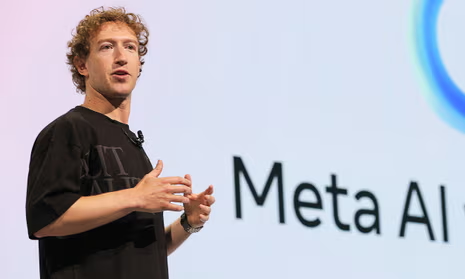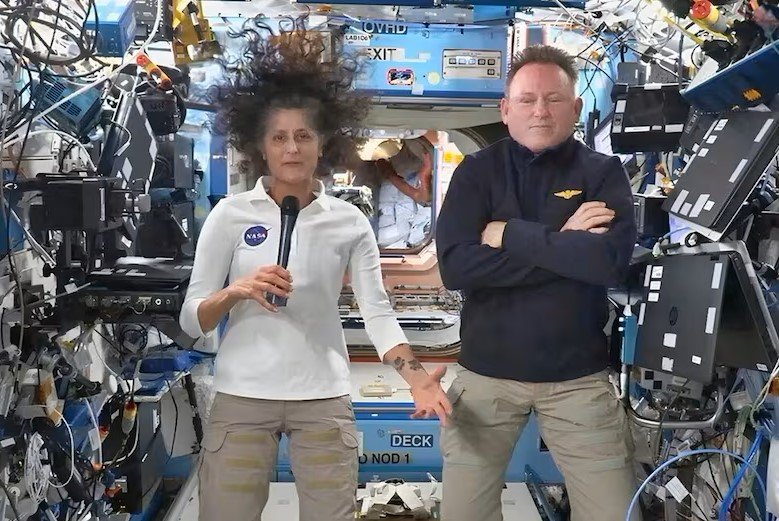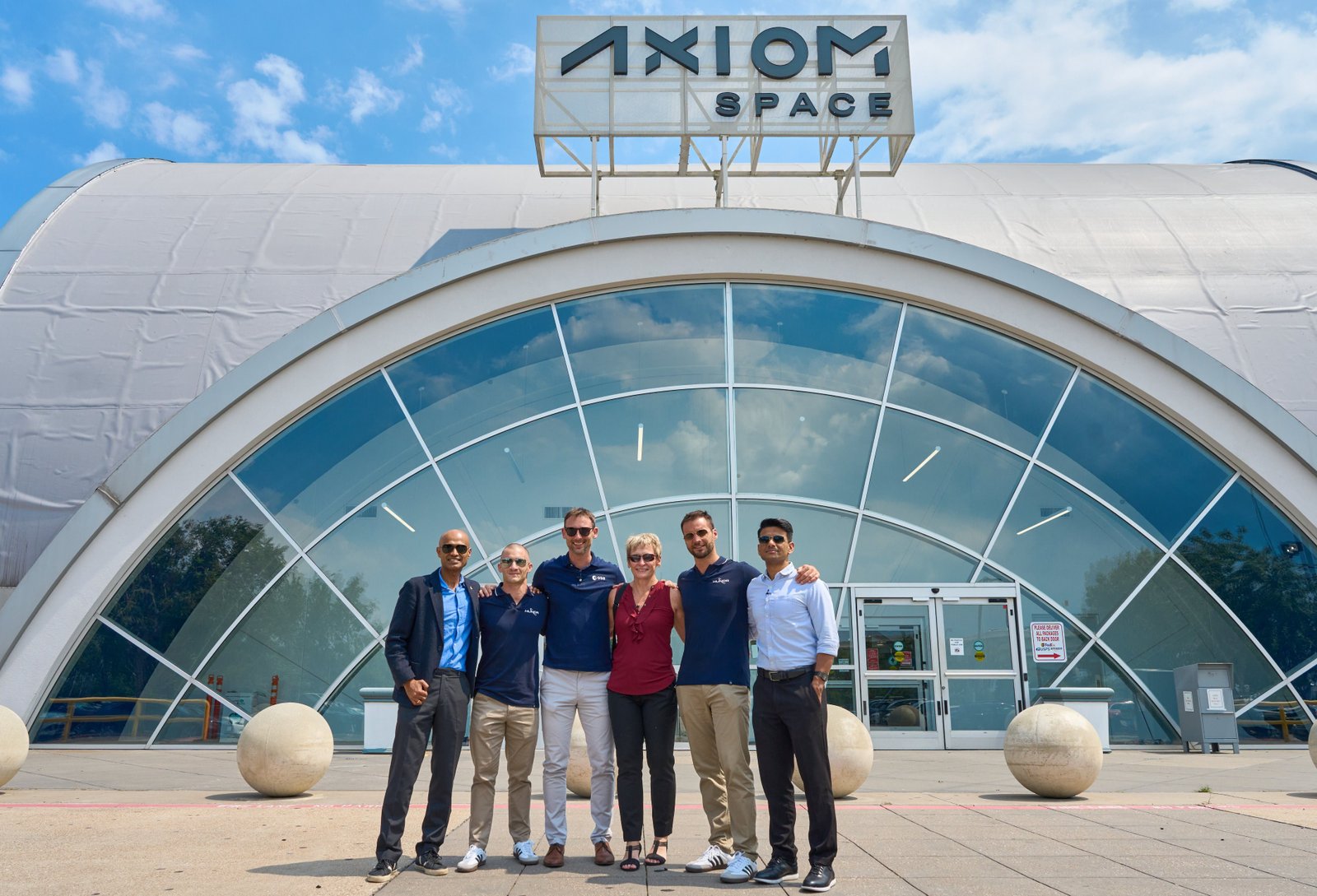Zuckerberg pours billions into Meta’s AI 'Superintelligence' push
- EP News Service
- Jun 29, 2025

Mark Zuckerberg CEO of Meta
NEW DELHI: Meta CEO Mark Zuckerberg is doubling down on his vision to position Meta as a leader in the global race for superintelligent artificial intelligence (AI), aiming to surpass human cognitive abilities and compete with industry heavyweights like OpenAI, Google, and Anthropic. Frustrated by Meta’s recent AI setbacks, Zuckerberg is personally spearheading a bold new initiative, pouring billions into a dedicated superintelligence lab and aggressively recruiting top talent to drive the company toward artificial general intelligence (AGI) and beyond.
Meta is committing up to $65 billion in 2025 to bolster its AI infrastructure, including the development of a multi-gigawatt data center designed to power advanced AI models. This financial firepower, fueled by Meta’s robust advertising revenue, gives the company a significant edge over smaller startups constrained by investor pressures. A key move in this strategy is Meta’s $14.3 billion investment for a 49% stake in Scale AI, a company specializing in AI data annotation and model training. This partnership underscores Zuckerberg’s determination to accelerate Meta’s AI capabilities.
The new superintelligence lab, expected to house around 50 elite researchers and engineers, is led by Alexandr Wang, the 28-year-old CEO of Scale AI. Meta has also made lucrative offers—ranging from seven to nine figures—to attract top talent from competitors, including unsuccessful bids to acquire Safe Superintelligence, a startup founded by former OpenAI co-founder Ilya Sutskever. Discussions are ongoing to bring aboard Safe Superintelligence’s CEO, Daniel Gross, and former GitHub CEO Nat Friedman, signaling Meta’s intent to build a powerhouse AI team.
Zuckerberg’s aggressive push comes on the heels of several AI-related challenges for Meta. The company’s Llama 4 model underperformed compared to rivals, and its flagship “Behemoth” model faced delays due to concerns over its capabilities. High-profile departures, such as Joelle Pineau, former head of Meta’s AI division (FAIR), further highlighted internal struggles. These setbacks, combined with the lukewarm reception of Meta’s metaverse investments, have prompted a strategic pivot toward superintelligence as the company’s next frontier.
Meta’s open-source approach with its Llama models aims to differentiate it from competitors by fostering developer trust and encouraging widespread adoption. However, recent models have struggled to match the performance of proprietary systems like OpenAI’s GPT or Anthropic’s Claude, intensifying Zuckerberg’s urgency to catch up.
The race for superintelligence is heating up, with OpenAI (backed by Microsoft), Google, Anthropic, and Elon Musk’s xAI all vying for AGI supremacy. Meta’s open-source strategy and massive financial backing position it as a formidable player, but the path to superintelligence is fraught with challenges. Technical hurdles, such as developing models capable of human-like reasoning, remain significant, and even Meta’s own chief AI scientist, Yann LeCun, has expressed skepticism about achieving AGI with current approaches in the near term.
Beyond technical barriers, ethical concerns loom large. Critics argue that Meta’s focus on AI for advertising optimization raises questions about its broader mission, with risks of perpetuating bias, enhancing surveillance, or even contributing to existential threats if superintelligent systems are not carefully controlled. Scale AI’s involvement has also drawn scrutiny due to its controversial labor practices and ties to U.S. military AI-driven weapons programs, adding fuel to debates about the societal impact of Meta’s AI ambitions.










Reporter
Crisp, and to the point news coverage from India and around the world.
View Reporter News